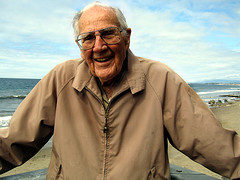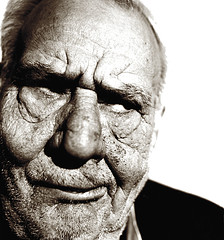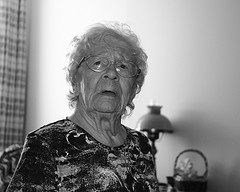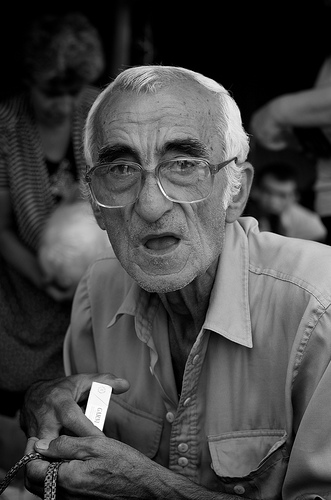Over the past few weeks, nursing home abuse and neglect in California has made local and national news. These stories beg the question: are assisted living facilities safe in California? Elder advocates might argue that reforms are in the works, but facilities across the state continue to receive fines and citations. A number of reports related to nursing home abuse and neglect have appeared in U-T San Diego in September. In response to those features, an article written by the president of the California Assisted Living Association (CALA) emphasized the “compassionate, competent care” that many elderly persons do receive in assisted living homes.
 While many assisted living facilities in California may be providing appropriate care and abiding by the law, many of these homes continue to expose their residents to serious cases of abuse and neglect. If you have an elderly loved one who resides in a nursing facility, it’s important to make sure that your loved one receives the best care possible. If you’re concerned about nursing home abuse or neglect, don’t hesitate to contact an experienced nursing home abuse attorney today.
While many assisted living facilities in California may be providing appropriate care and abiding by the law, many of these homes continue to expose their residents to serious cases of abuse and neglect. If you have an elderly loved one who resides in a nursing facility, it’s important to make sure that your loved one receives the best care possible. If you’re concerned about nursing home abuse or neglect, don’t hesitate to contact an experienced nursing home abuse attorney today.
Do Most Assisted Living Facilities Get it Right?
 California Nursing Home Abuse Lawyer Blog
California Nursing Home Abuse Lawyer Blog


 Are you concerned about the kind of care your elderly loved one currently receives? No one should have to worry about
Are you concerned about the kind of care your elderly loved one currently receives? No one should have to worry about  Limited Dental Care Training and Attention
Limited Dental Care Training and Attention Details of the Documentary Series
Details of the Documentary Series Older Adults Don’t Anticipate Nursing Care
Older Adults Don’t Anticipate Nursing Care
 LGBT Elder Advocacy in California
LGBT Elder Advocacy in California






